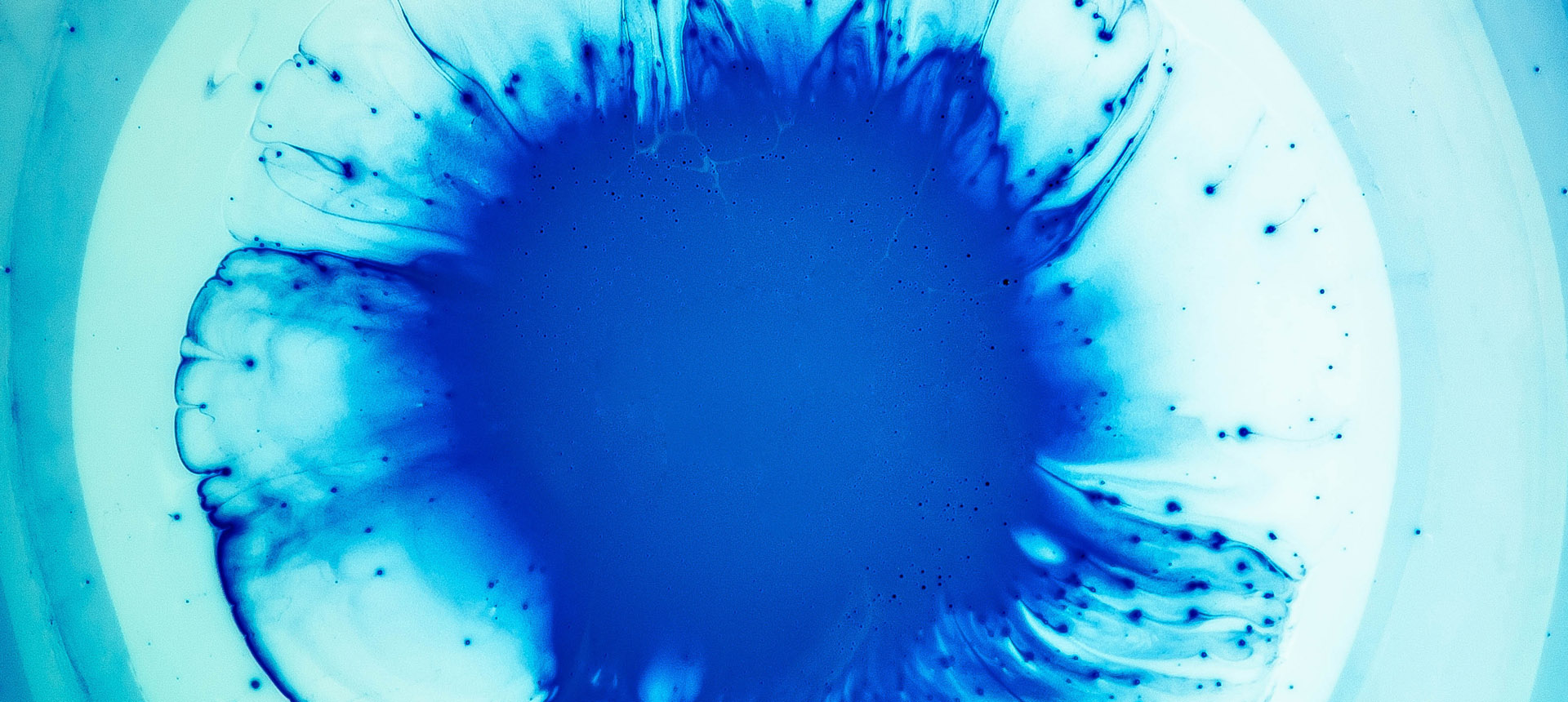JM and bp technology enabling waste to be converted into sustainable fuels scoops top prize
bp-JM Fischer-Tropsch technology wins RSC's 2021 Dalton Division Horizon Prize
08 June 2021
A team of scientists and engineers from Johnson Matthey have been awarded the RSC’s 2021 Dalton Division Horizon prize for their collaboration with bp to create bp-JM Fischer-Tropsch Technology – a renewable route to sustainable aviation fuels created from household waste.
The waste, which would otherwise be sent to landfill and decompose to form methane, will first be separated from any recyclable items before being converted to syngas and used to make sustainable aviation fuel, which burns cleaner and with fewer particles.
The team developed a new catalyst formation – using concepts from fundamental inorganic chemistry, optimising cobalt dispersion and molecular interactions – as well as a new carrier for the catalyst that increases its surface area and removes the heat given off during the reaction.
The fuel will initially be deployed by Fulcrum BioEnergy in Nevada in 2021. Once operational, the plant – the first of its kind in the US – is expected to convert approximately 175,000 tons of household waste into approximately 11 million gallons of fuel each year – the equivalent of fuel needed for more than 180 transatlantic return flights.
It is a vital step in the transition to low carbon fuels in the aviation industry – one of the most challenging sectors to adapt due to the energy density needed in aircraft.
Mark Sutton, Business Development Director, Johnson Matthey commented:
"It's great to see the team's hard work and dedication recognised again at such an important industry awards. The innovations the team has achieved have only been possible through close collaboration between catalysis and engineering specialists at JM and bp. I'd like to thank the team for the work they have put in to make this a reality.”
Read more


